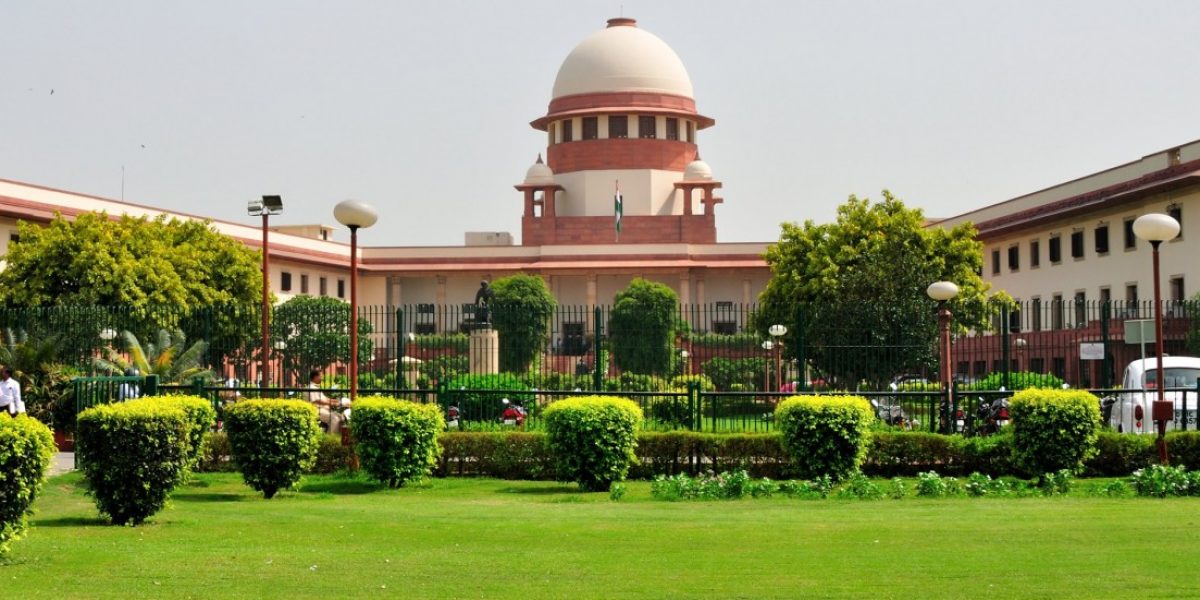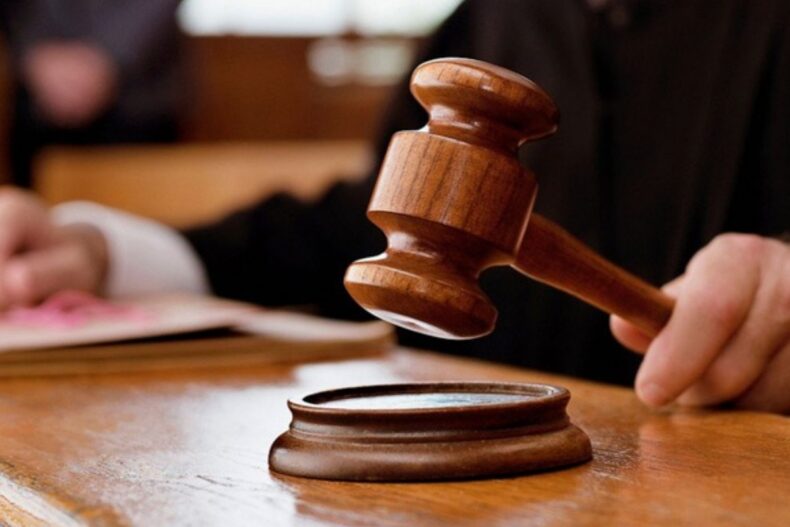The Supreme Court has acquitted a father and son who were previously found guilty by the Sessions Court and High Court and sentenced to life imprisonment for a murder that occurred twenty-seven years ago. The acquittal was granted due to the benefit of doubt and the prosecution’s failure to conclusively prove the defendants’ guilt beyond a reasonable doubt.
Judges who are heading the case are Justice V. Ramasubramnian and Justice Pankaj Mithal while judging an appeal filed in Mohammad Muslim v State of Uttar Pradesh in which the Supreme Court, in its ruling, has stated that due to the lack of any reliable eyewitness to the incident and the inability to establish the presence of the accused appellants at the scene of the crime, they are pushed to provide with a benefit of doubt to the accused.
Background Information On The Case:
According to the prosecution’s narrative, Mr. Altaf Hussain supposedly had a land dispute with Mohd. Muslim and Shamshad, who are referred to as the “Appellants.” In 1995, it is claimed that Mr. Altaf Hussain was riding a bicycle with his son and nephew when the Appellants allegedly attacked him with a “tabal” and an “axe,” resulting in his death. Though, the alarm was raised, two individuals tried to capture the Appellants, but they were able to escape into the nearby forest, left behind their blanket and cycle at the scene of the incident
On 4th August 1995, an FIR was filed, which was then received by the court after a long delay of 4 days. Although the Investigating Officer purportedly found the cycle and blanket belonging to the Appellants at the scene of the crime, these pieces of evidence were never presented in court.
Throughout the trial, the Appellants consistently denied any involvement in the crime. They maintained that the alleged incident did not occur and claimed that they were being falsely implicated, highlighting their status as newcomers to the village.
On April 25, 1998, the Sessions Court found the Appellants guilty of murder under Section 302 of the Indian Penal Code. Each accused was fined 20,000 and was imprisoned for life. In case of failure to pay the fine, they were additionally ordered to serve an additional six months of rigorous imprisonment.
On September 10, 2010, the High Court upheld the conviction and sentencing. Subsequently, in 2011, the Appellants filed an appeal with the Supreme Court, challenging their conviction. However, the appeal against Appellant No. 2 became void on August 16, 2021.
Supreme Court’s Decision:
The Bench outlined that the attitude and behavior of the victim’s son and nephew was unnatural. They did not interfere when their father was being beaten by the criminals, in fact two other people came to rescue the victim from a distance. The Son and Nephew did not even take him to the hospital but immediately registered an FIR.

It has been noted that the prosecution failed to conclusively establish that the accused were implicated in the assault and demise of Altaf Hussain.
Furthermore, it was noted that even if we disregard the minor inconsistencies in the oral testimonies, the delay in conducting the post-mortem examination, the disparity in the names of the weapons used, which are essentially similar agricultural tools for crop cutting, and other factors, the prosecution has not succeeded in establishing the Appellants’ guilt beyond a reasonable doubt.













